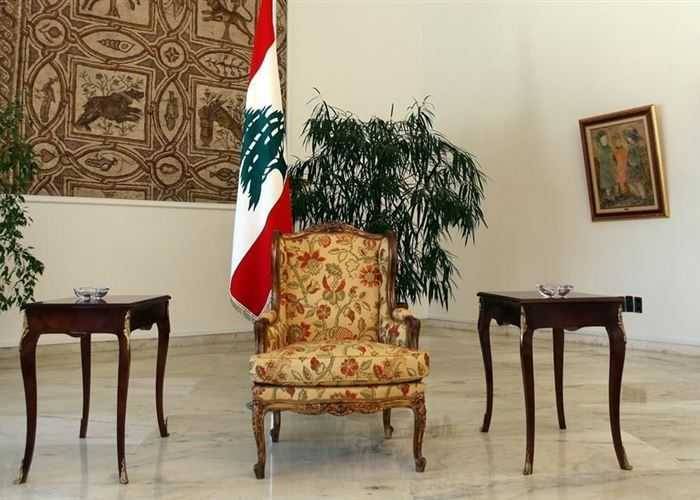The internal reliance on the exchange of external positions and efforts to produce a Lebanese settlement has diminished. Following the position of Hezbollah's Secretary-General regarding the lack of reliance on external initiatives capable of leading to a political settlement in Lebanon, which involves the election of a president and the formation of a government, Lebanese forces began to explore the meaning of this statement. Various communications were conducted by Lebanese officials with external parties to grasp the reality of regional and international stances. Some officials have come to the conclusion that all the communications and meetings regarding the Lebanese file that took place in the previous period have not yielded a final outcome thus far. Sources indicate that efforts are ongoing but may have slowed down.
Regarding the regional file, Lebanese sources cite the recent statement by French President Emmanuel Macron at the Baghdad II conference held in Jordan, where he stated that solving the Lebanese, Syrian, and Iraqi crises requires the concerted efforts of the involved countries. These sources interpret this statement as referring the Lebanese crisis to the handling of regional issues, suggesting that a settlement in Lebanon may need a broader regional resolution.
In this context, there is a convergence with Nasrallah's statements, but at the same time, there is a contradiction. Nasrallah emphasized that there is no external interest in Lebanon, and there is no connection between the Iranian nuclear issue or Saudi-Iranian negotiations concerning the Lebanese crisis. This highlights a contradiction to the essence of Macron's statement. However, concerning the intersection, Nasrallah's remarks about the prolonged crisis and the long wait in the absence of internal consensus imply that a solution remains unlikely. Thus, the essence of the stance indirectly indicates that the internal impasse requires external impetus to overcome it. So far, this impetus is unavailable due to the engagement of regional and international forces with other issues.
### Paris Meeting
In this context, sources following the developments indicate that there were initial signs of establishing a Lebanese action plan supported by regional and international forces, but it did not reach conclusions. On the other hand, there remains hope for the upcoming meeting in Paris, which will include the United States, France, Saudi Arabia, and Qatar to discuss the Lebanese file. According to diplomatic sources, the final date for this meeting has not yet been determined, although it has been reported that it might take place in the middle of this month, while there are other indications suggesting it may be postponed until February. However, this matter has not been resolved yet, pending communication between the concerned and interested countries.
Additionally, due to the lack of clarity regarding the agenda and timing of this meeting, some Lebanese forces consider that it is no longer feasible to rely on the rapid results that the meeting of the four nations could achieve, especially as communication with Iran is also necessary, which currently has a strained relationship with Paris. The primary reliance remains on the role that Qatar may be able to play among these contradictory capitals. However, this will require more time. Here, sources state that Lebanese officials recently visited Paris and held meetings with officials, but they did not sense an approaching resolution or settlement timeline. Instead, they heard clear statements that Paris is open to all options, does not impose a veto on anyone, and does not insist on a single candidate, as long as the elements of consensus are available.
### Confident Party
All this context has multiple implications on the internal scene, whether through new movements that the political arena will witness among some parliamentary blocs, which Nasrallah had previously advocated for by emphasizing the need for holding bilateral or trilateral dialogue sessions, in addition to movements undertaken by centrist blocs or the opposition.
The primary reflection is on some interpretations presented by opponents of the party, which seem erroneous to it, particularly when they claim that the party is in a confusing situation, or that its alliances are in a state of distress. This view does not seem realistic to the party, which knows well that no settlement in Lebanon can occur without its approval. Meanwhile, regarding expectations of a rift between it and the Free Patriotic Movement, this matter requires further efforts to address it. Here, the party appears confident in achieving its objectives, while presenting a comprehensive political stance that includes openness to any option that may lead to a settlement or consensus. The party also believes that the fragility actually affects others among its opponents, whose positions do not seem cohesive.




